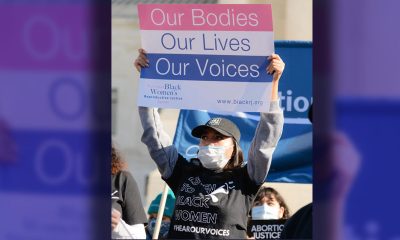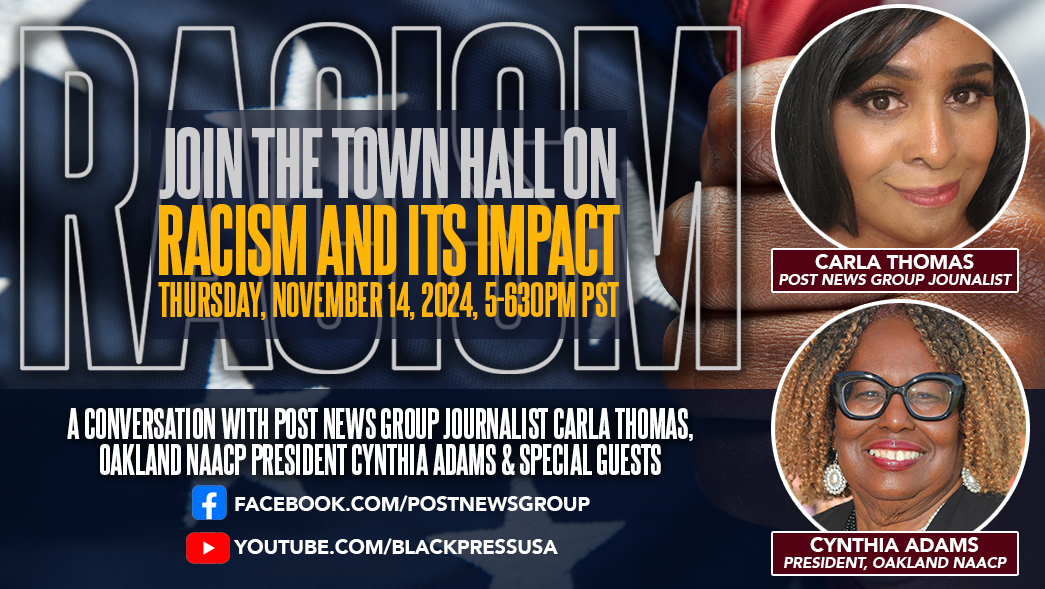In 1967, Dr. Dorothy Lavinia Brown, the first African-American woman surgeon in the South and a Tennessee state assemblywoman, was the first American lawmaker to sponsor a proposed bill to fully legalize abortion. The proposal failed. But, in 1970, pregnant Dallas-area resident Norma L. McCorvey (“Jane Roe”) sued then-District Attorney Henry Wade, claiming that a Texas law criminalizing most abortions violated McCorvey’s constitutional rights. On Jan. 22, 1973, the Supreme Court ruled 7-2 in Roe’s favour, asserting that the “right of privacy, whether it be founded in the Fourteenth Amendment’s concept of personal liberty and restrictions upon state action…or… in the Ninth Amendment’s reservation of rights to the people, is broad enough to encompass a woman’s decision whether or not to terminate her pregnancy.”
The high court’s controversial ruling in Roe v. Wade, which allowed women to have an abortion in the early stages of her pregnancy without government interference, has reverberated throughout the nation and across the decades. Divisive in nature, it has spawned acrimonious debate, sharp political partisanship and even violence.
Undoubtedly, however, Roe v. Wade has had an undeniable impact on American women, particularly African-American women—though the nature of the effect is, as expected, a source of debate. “This was a landmark case that absolutely changed the game for women of color in this country,” said Monica Simpson, executive director, Sistersong Women of Color Reproductive Justice Collective.
“This is the first case that really helped alleviate reproductive oppression and allowed women to make their own decisions over their body.”
On the other hand, pro-life advocates say the death of millions through abortion, rather than being a source of “justice,” has instead unleashed a “holocaust” and “genocide” in the African-American community.
That idea burst back into the mainstream during 2010’s Black History Month when the Radiance Foundation, a Georgia-based antiabortion group, erected dozens of billboards proclaiming the message, “Black children are an endangered species.” The following year, the group Life Always sparked outrage with a billboard in lower Manhattan that declared, The most dangerous place for an African-American is the womb.”
Both groups, and other anti-abortion activists, have identified Planned Parenthood – the international non-profit and provider of reproductive health services, including abortion – as the villain in this so-called genocide. For example, in New York, the home of Planned Parenthood, more Black babies are aborted than are born alive (1,223 to 1,000), according to the Radiance Foundation, which cited the state’s health department. Activists say the group targets African Americans, pointing to its founder Margaret Sanger’s connection to the eugenics movement—which sought to cull the population of those considered “unfit,” usually the disabled, poor and minorities—and the location of the group’s clinics in poorer, minority communities.
The AFRO reached out to Planned Parenthood but did not receive a statement by deadline.
“As someone who is Black and has worked in the community all my life, I think Roe v. Wade has had a devastating impact on the Black community,” Ryan Scott Bomberger, chief creative officer and founder of the Radiance Foundation, told the AFRO. He added, “If you go off of the United Nations’ definition of genocide, it is exactly what has happened in the Black community.”
Fuelling these claims is the long-held fact: the comparatively high abortion rates among Black women. According to the Centers for Disease Control and Prevention, in 2008 (the last year for which information is available), White women accounted for 37.2 percent of abortions, Black women for 35.5 percent, Hispanic women for 21.1 percent and other races for 6.3 percent. But, Black women have the highest rates and ratios of abortion – almost four times that of White women: 33.5 abortions per 1,000 women aged 15-44 years and 472 abortions per 1,000 live births compared to 8.7 abortions per 1,000 women aged 15-44 years and 140 abortions per 1,000 live births. Reproductive rights and health advocates attribute the disproportionate number of abortions among Black women to the higher number of unintended pregnancy rates within the group. These higher unintended pregnancy rates reflect the challenge faced by many women of color in accessing high-quality contraceptive services and in using them consistently, they say, and also reflect the broader realities of racial and ethnic disparities in health care access and outcomes. For example, it was only when President Obama passed the Affordable Care Act that health insurance companies were required to offer free birth control coverage, and Medicaid—the source of health coverage for many low-income, minorities—is still not required to offer free contraceptives. Sonya Michel, an expert in women’s history, University of Maryland—College Park and senior scholar, Woodrow Wilson International Center for Scholars, said because of their relatively low incomes and lack of access to quality health care, AfricanAmerican women did not always have the full reproductive freedom other groups enjoyed.
“One of the ironies when you look across the political spectrum, the people who are the most opposed to abortion are also opposed to providing affordable birth control and welfare benefits to African-American people,” Michel said, adding that such detractors are basically saying Black people shouldn’t have sex.
The abortion-as-genocide supporters however, decry those claims, seeing abortion as another in a set of attempts—some government-sponsored—to decimate the Black community. Such fears are grounded in a history of medical—including reproductive health—abuses within the Black community.
“We’ve been accused of promoting conspiracy theories, but it is not conspiracy, it’s history,” Bomberger said.
In her book, Killing the Black Body author Dorothy Roberts outlines the history of the control and manipulation of the Black woman’s womb as a tool of racial oppression in the United States.
“The systematic, institutionalized denial of reproductive freedom has uniquely marked Black women’s history in America,” she wrote. “Considering this history—from slave masters’ economic stake in bonded women’s fertility to the racist strains of early birth control policy to sterilization abuse of Black women in the 1960s and 1970s to the current campaign to inject Norplant and Depo-Provera in the arms of Black teenagers and welfare mothers—paints a powerful picture of the powerful link between race and reproductive freedom in America.”
That tainted history prompted several within the Civil Rights and Black Nationalist movements to view birth control and abortion as a form of “race suicide,” and encouraged Black fertility as a means of empowering the Black race.
Bomberger echoes those sentiments, which—for him—is grounded in a deep personal history. The product of rape—which has long been accepted as a rationale for abortion—Bomberger was instead given up for adoption and raised in a Christian family of 15 children—10 of whom were adopted. He is, himself, the parent of two adopted children.
“It is a huge blow to Black voting power” and to other aspects of the Black community, he said of the “epidemic” of abortions.
“We’ve heard the term #BlackLivesMatter, but when do they matter?” Bomberger questioned, later adding, “We want to stop the destruction of beautiful possibility in the Black community, not only of the unborn children who are killed, but of potential mothers and fathers…. For a people who have overcome such a heinous past to believe killing our future is something to celebrate baffles me.”
Conversely, pro-choice advocates see the nation’s history of abuse against the Black woman and the costs of involuntary motherhood as even more reason why Roe v Wade is a matter of justice.
Among African female slaves, abortion and birth control methods were part of their heritage—used as part of their basic health care but also as a form of self-determination, protection of potential children from the horrors of slavery and protest against enslavers that viewed them as mere brood mares.
In an 1856 medical essay, Dr. E.M. Pendleton noted complaints by plantation owners that their slaves seemed to be “possessed of a secret by which they destroy the foetus at an early age of gestation.”
But the indigenous knowledge of those African slaves were lost as the gap between the generations grew wider–and as modern-day Black women began to lean more heavily on institutionalized medical care, Simpson said. And, then-illegal abortion became dangerous.
“Women were taking extreme measures to rid themselves of unwanted pregnancies,” the reproductive justice activist said. “Most of the women who lost their lives before Roe v. Wade were women of color.”
Given those and other socio-political realities, Simpson said it is “completely ridiculous” to “pressure” Black women with these abortion-as-genocide memes void of further discussion about the role of Black men who abandon their families, void of discussions about the economic inequalities Black women face, void of social issues such as police violence against young Black men, void of discussions about the lack of comprehensive sex education for Black boys and girls, etc.
“It is absolutely absurd and cruel to shame Black women in this way because at the end of the day, we don’t know why a woman may choose not to have a child,” she said. “What trips me out is people think women are making these choices lightly. This is never an easy decision for any person to make.”









































































